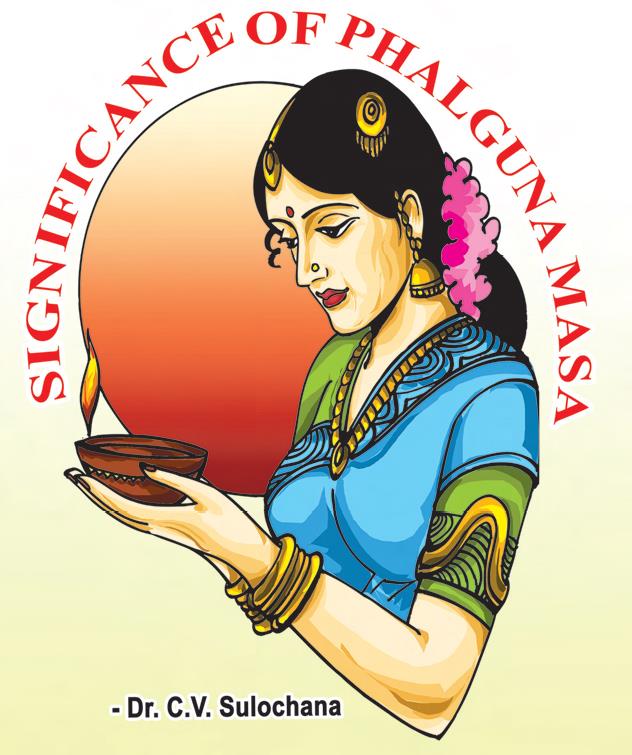Phalguna masa Generally every month in our Hindu calendar is specified to a certain vow or worship. In that way, Phalguna masa is specified to the worship of Lord Maha Vishnu. Phalguna masa is the last month of the year according to the Telugu calendar. As a full moon day occurs either in Purva Phalguni Read More
Ads Blocker Detected!!!
We have detected that you are using extensions to block ads. Please support us by disabling these ads blocker.

